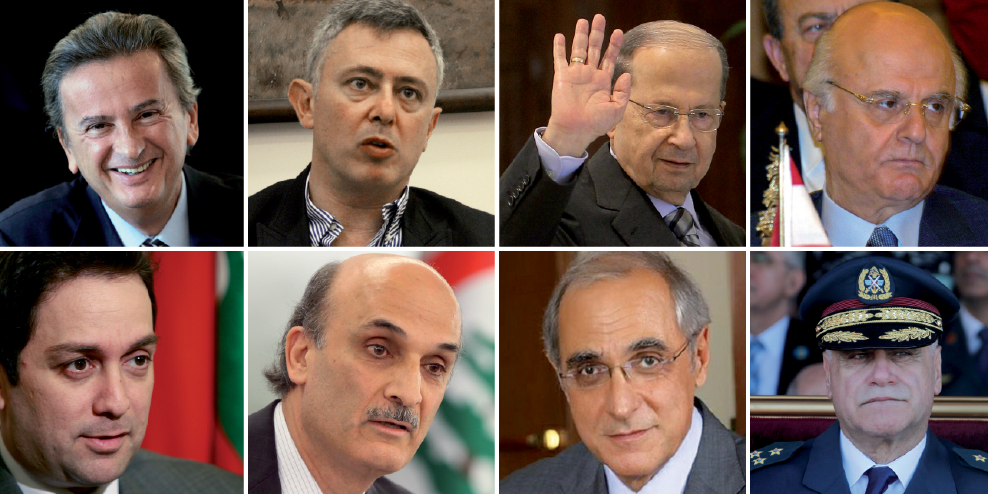The contenders
written by Domhnall O'Sullivan
Domhnall O'Sullivan
Domhnall O’Sullivan holds an MA in EU International Relations and Diplomacy Studiesfrom the College of Europe in Bruges, Belgium, where he studied in 2012-2013 with a scholarship from the Irish Department of Education. Before this, he graduated with a BA in European Studies (2010) from Trinity College Dublin, Ireland. He has worked as an English teacher in France, with Project Syndicate in Prague, Czech Republic, and gained experience with the European Parliament’s Office in Ireland. He is currently working as a Junior Analyst with the European Union Institute of Security Studies in Brussels

